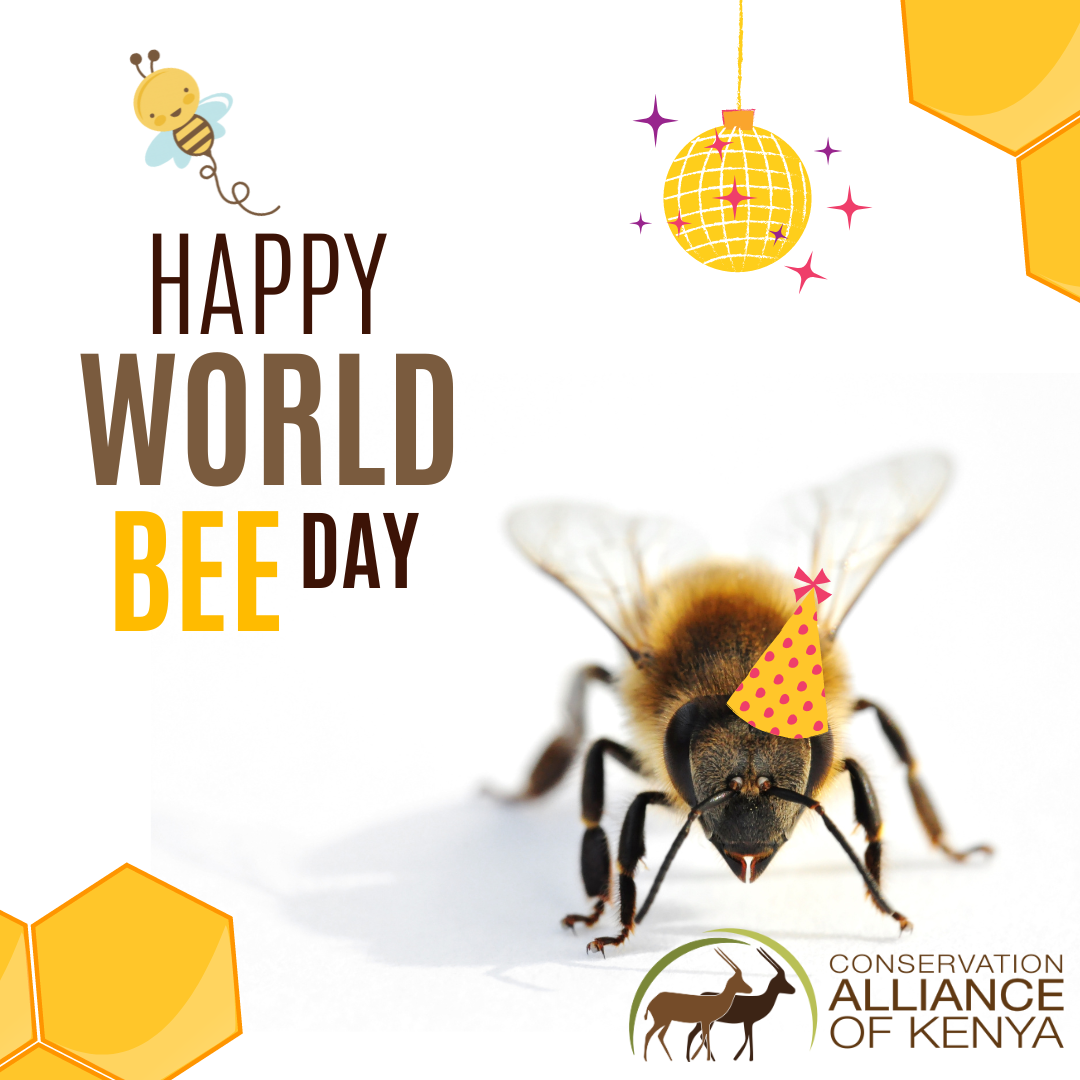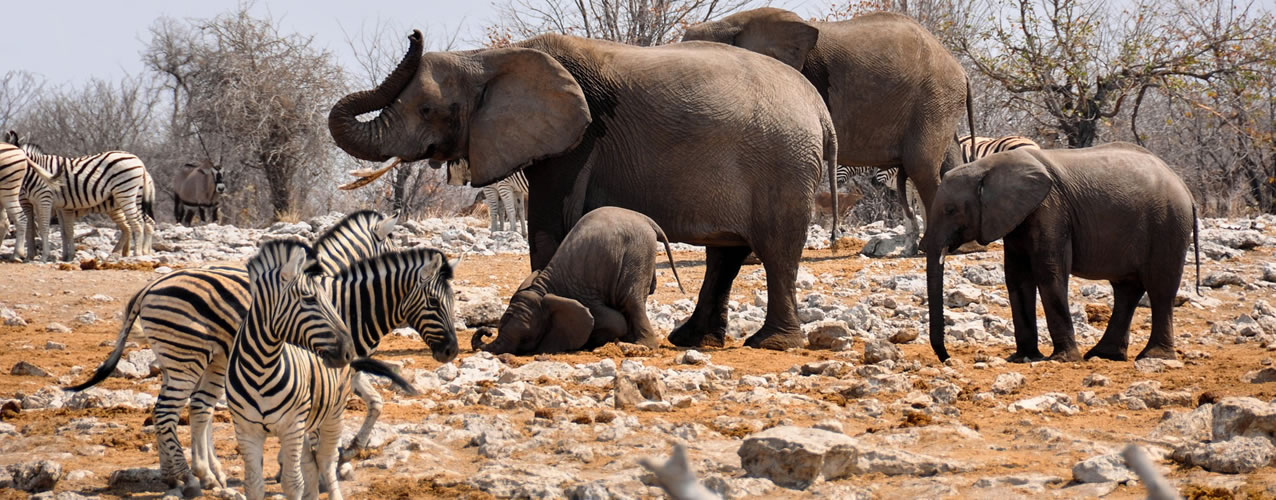
Pollination is a vital ecosystem function and service. And while it is vital for regulating nature, agriculture, human well-being, and more, this World Bee Day we focus on pollinator-friendly agricultural production.
Unfortunately, pollinators have been drastically declining due to multiple factors, including climate change and intensive agricultural practices, such as monocultures. The overuse or misuse of agricultural chemicals, including insecticides, herbicides, and fungicides, have also been contributing to the loss of wild and domesticated pollinators.
The conservation, restoration, and sustainable use of biodiversity within soils and agricultural lands is a major component in achieving sustainability across productive sectors, particularly in food systems. The Kunming-Montreal Global Biodiversity Framework, adopted at COP 15, includes a target that aims to ensure that areas under agriculture are managed sustainably, including through biodiversity-friendly practices.
Practices like sustainable intensification and agroecological approaches with more diversified crops can enhance the abundance and the diversity of pollinator species in agricultural landscapes, which enhance the resilience, long-term efficiency and productivity of production systems.
Wild and managed pollinators enhance the quality and secure crop production, directly contributing to food security.
The Framework also has a specific target to reduce pollution risks from all sources, including reducing the risk from pesticides to levels that are not harmful to biodiversity.
In summary, the conservation and sustainable use of biodiversity in agricultural landscapes contribute to reversing pollination decline and closing yield gaps.
This World Bee Day, let us work together to protect bees and other pollinators through the urgent implementation of the Kunming-Montreal Global Biodiversity Framework. Together, we can feed the world and live in harmony with nature.







